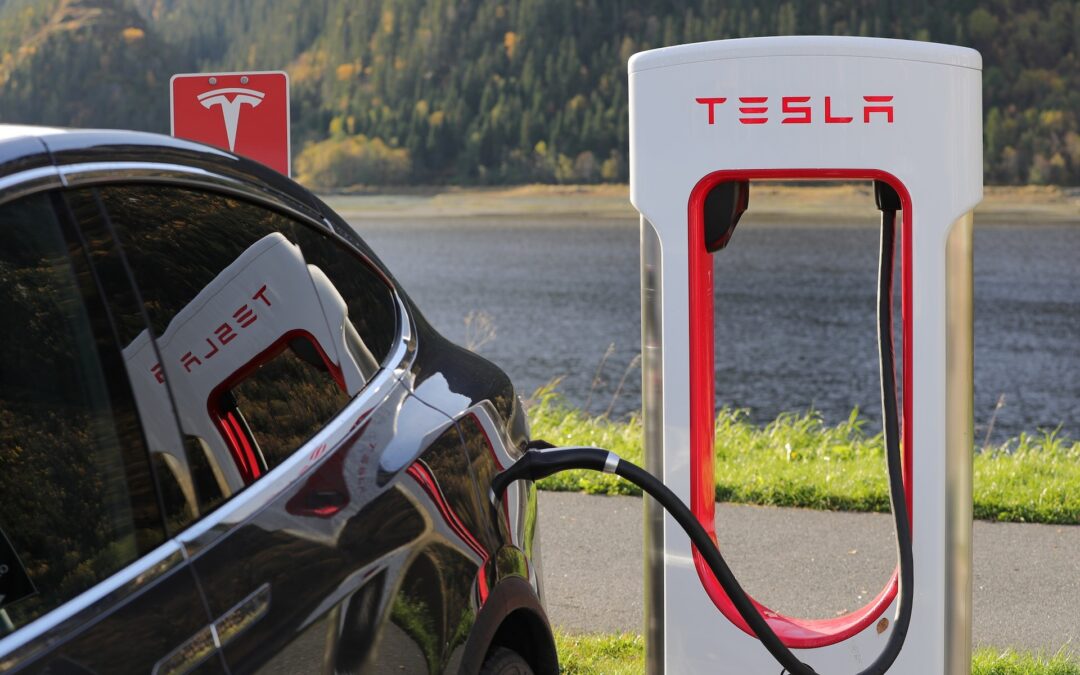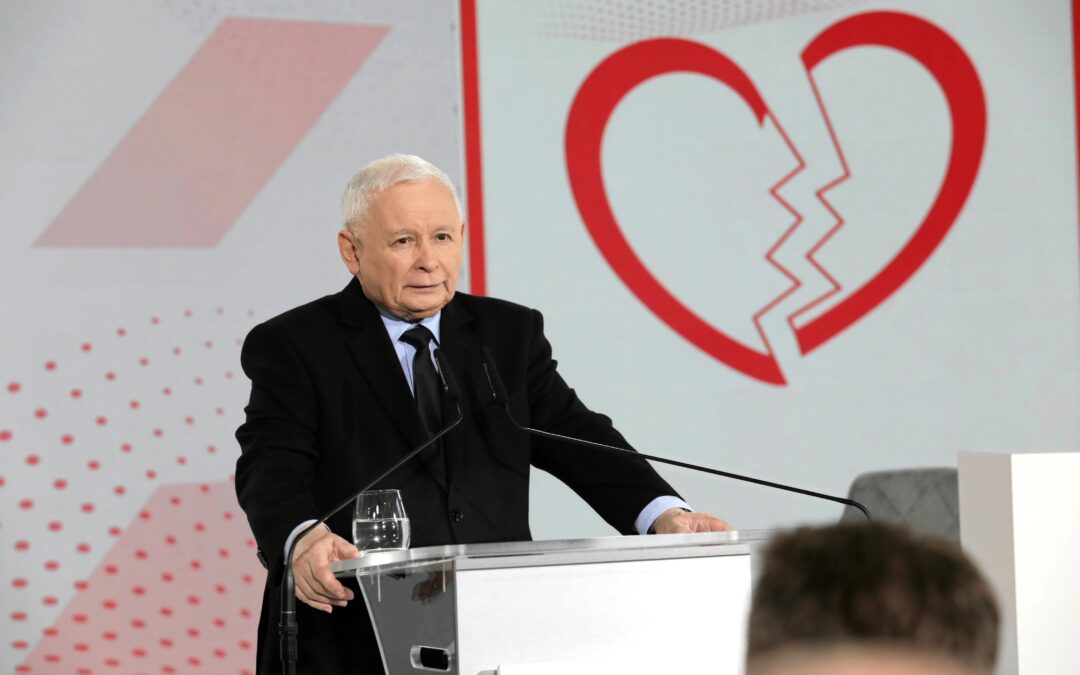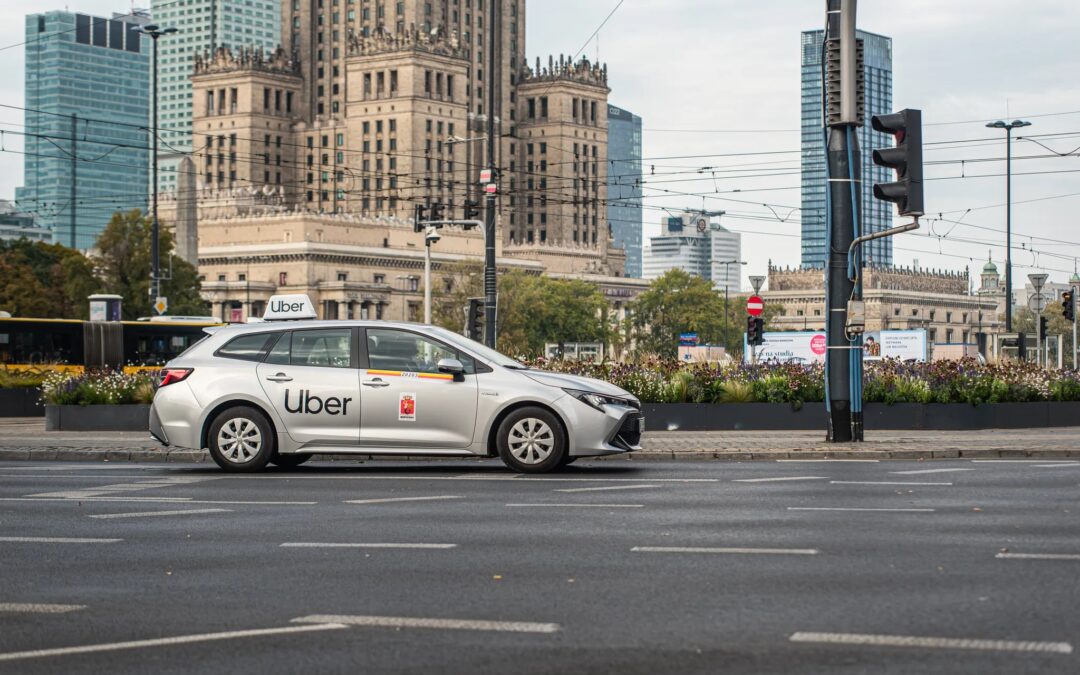Poland will host the first facility in the European Union and one of the first in the world for processing used car batteries and other types of waste from electric vehicles. The recovered materials will be used to produce new batteries and other appliances.
The site will be established by Elemental Holding, a Polish company that recycles metals and electric waste, with a subsidy of up to €25 million from the European Bank for Reconstruction and Development (EBRD).
The project is co-funded by the Polish National Centre for Research and Development (NCBR), a state agency, and supported by the European Commission. Technical support is also provided by the Taiwan Business-EBRD Technical Cooperation Fund as well as by Spain.
“The EBRD is actively supporting Poland’s ambitious agenda to become a low-carbon economy and has already financed several large e-mobility projects with domestic and foreign investors,” said Frederic Lucenet, a director at the EBRD.
The bank has so far invested €10.8 billion in 456 projects in Poland, according to 300Gospodarka, an economics news service.
As European economies transition to low-carbon modes of transport, sales of electric vehicles are expected to grow rapidly relative to petrol and diesel cars, leading to increased production of batteries. Recycling of batteries can lead to a carbon saving of 98% relative to primary production, according to the EBRD.
Since coming to power, the Law and Justice (PiS) government has set out ambitious plans for Poland’s to become a leading player in e-mobility. This includes developing the first Polish electric car, prototypes of which were unveiled in 2020.
Last year, Poland became EU’s largest exporter of electric buses. Fiat Chrysler recently announced a €166 million investment to begin producing new hybrid and electric models at its Tychy plant, and Swedish battery manufacturer Northvolt is creating Europe’s largest factory for energy storage systems in Gdańsk
However, progress on other aspects of the electromobility plan have been delayed and scaled back. An initial goal to have one million electric vehicles on Polish roads by 2025 has been significantly revised downwards amid low take-up of a scheme to subsidise the cost of purchasing electric vehicles.
There have also been numerous delays in plans for the Polish-made electric car. Production is now scheduled to begin in 2024, a year later than initially hoped.
On Friday, Michał Kurtyka, Poland’s climate minister, told Puls Biznesu that the project should “receive backing from public money”, with the state treasury looking to buy out the ElectroMobility company responsible for the vehicle. Last week, the government also agreed to give the company land for its factory in Jaworzno.
However, problems in finding financing for the project – with the factory alone set to cost 2 billion zloty and bringing the new “Izera” brand to market a further 5 billion – has delayed progress further, reported WNP, a business news service, on Friday.
Main image credit: Blomst z Pixabay

Maria Wilczek is deputy editor of Notes from Poland. She is a regular writer for The Times, The Economist and Al Jazeera English, and has also featured in Foreign Policy, Politico Europe, The Spectator and Gazeta Wyborcza.



















